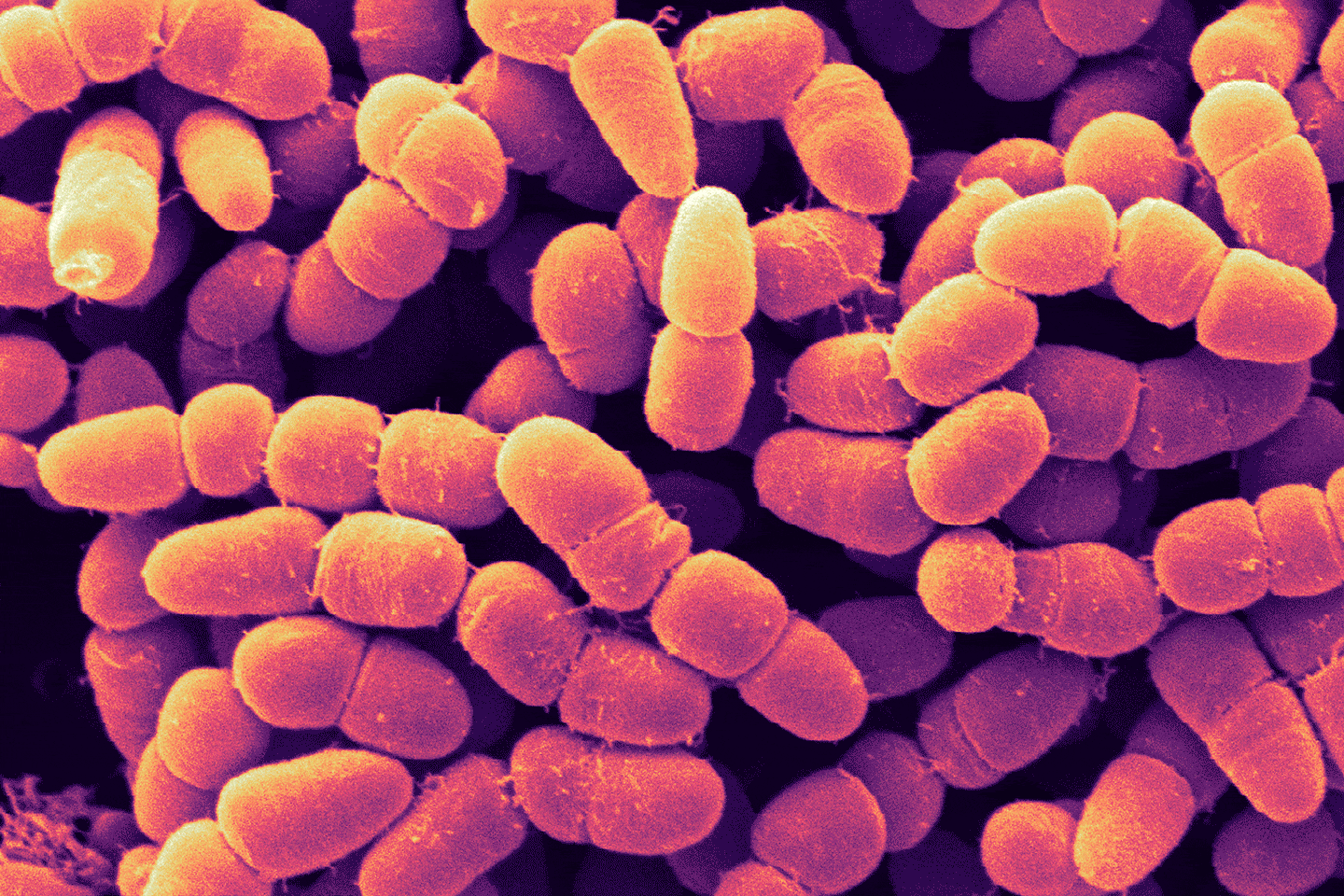Early studies of intermittent fasting for breast cancer are underway to see if it slows tumor growth and saves lives.
We live in an age of ever-more complicated and technologically advanced solutions for treating or preventing cancer. Immunotherapies, gene therapies, and radiopharmaceuticals are enormously exciting and very expensive areas of research and development. But even as we race to pursue these possibilities, is there something simple we could be doing in parallel?
Jennifer Ligibel thinks there could be a hack that doesn’t involve major expense. She may not recommend intermittent fasting for her breast cancer patients, but the oncologist and Harvard professor says she’s well aware of the fact that lots of people are trying it anyway. And she, like them, wants to know whether it will improve outcomes for people with breast cancer. She found eager recruits for her exercise and intermittent fasting trial, which is currently underway.
“Many people that we approach are very excited about the idea of trying this because they’ve read a lot about some of the observational evidence suggesting that longer overnight fasts are associated with lower risk of breast cancer,” she says, noting the evidence suggests fasting can help prevent breast cancer’s initial development, as well as preventing recurrences. Fasting might slow the disease’s progress, too.
“The data we were getting were so striking that it made sense to try it myself.”
But the booming popularity of intermittent fasting has complicated matters. For one thing, the term is something of a catch-phrase that includes both alternate- and whole-day fasting (such as eating for five days, then fasting or severely restricting calories for two), as well as daily intermittent fasting, where you eat all of your meals within a certain window of hours during the day, usually eight.
What researchers like Ligibel are hoping to do is to specifically define how to employ it during breast cancer treatment and establish its effectiveness when combined with medications designed to kill cancer cells or slow their growth and spread.
This is not about weight loss
Endocrinology researcher Nick Webster doesn’t really like the term “intermittent fasting” when it comes to his own research in mice. The University of California San Diego medical school professor prefers “time-restricted feeding,” though he’ll concede that “time-restricted eating” may be a more palatable term for humans. His interest is more than just academic. Webster’s work in studying insulin receptors led him to implement a rigorous, time-restricted feeding protocol in his own daily life: He typically eats only between 10am and 6pm.
“The data we were getting were so striking that it made sense to try it myself,” Webster says. “If I am going to recommend it to people I should at least know what it’s like.”
Webster says that once you get used to not eating after 6 or 7 pm or before 10 am and incorporate that into your daily routine, it’s actually quite easy—though he admits, “I take weekends off as we often eat out.”
The irony of intermittent fasting, however you define it or whatever you choose to call it, is its deceptive connection to weight loss. Despite its fad-diet popularity these days, losing weight may not be necessary for preventing breast cancer recurrence with intermittent fasting. According to a mouse study that was published in January and co-authored by Manasi Das, a postdoc in Webster’s lab, subjecting mice to restricted feeding times via a long overnight fast induced metabolic changes and limited the development, growth, and metastasis of breast cancer, independent of weight loss.
“There’s been an argument as [to] whether there is such a thing as a metabolically normal obese person. And mostly we say, ‘No, no, no, those are just sort of oddballs, outliers, whatever,’” he says. “But what we’re seeing now is you can create that by manipulating when people eat—that’s actually what we’re creating with this timed eating. It means you’re still obese but metabolically very healthy.”
Despite Webster’s enthusiastic hope that this will translate into a human treatment, clinicians like Jennifer Ligibel maintain it’s far too soon to recommend that people with breast cancer undergo intermittent fasting, since advances in mice sadly don’t always translate into advances in humans. So Ligibel is currently conducting a small-scale feasibility trial of 30 women with metastatic, or stage IV, breast cancer to determine whether exercise and intermittent fasting can improve the outcomes for women taking two types of targeted therapies, CDK4/6 and PI3K, which are named for the enzymes they impact.
“We don’t have a lot of information about the relationship between exercise or dietary patterns and outcomes in advanced disease, the way that there is information in women with earlier stage breast cancer where you’re trying to prevent recurrence,” Ligibel says. The long-term goal is to slow the progress of advanced cancer, and her current study will attempt to establish whether intermittent fasting and exercise are worthy of additional research.
Meanwhile, Webster is also studying the combination of time-restricted feeding and chemotherapy—again in mice. He hopes that this particular form of intermittent fasting will one day lead to more effective chemotherapy, allowing people to get away with lower doses and fewer side effects while still realizing better outcomes. He also says fasting has some real-world benefits compared to strict diet-and-exercise plans.
“The nice thing about the timed feeding is you’re not asking them to change anything—you’re not saying you know you’ve got to run five miles a day, or you’ve got to restrict yourself to 1,500 calories or anything like that,” Webster says. “We’re simply saying, live your normal life, just try to close the window in which you’re eating.” What an elegant hack.








